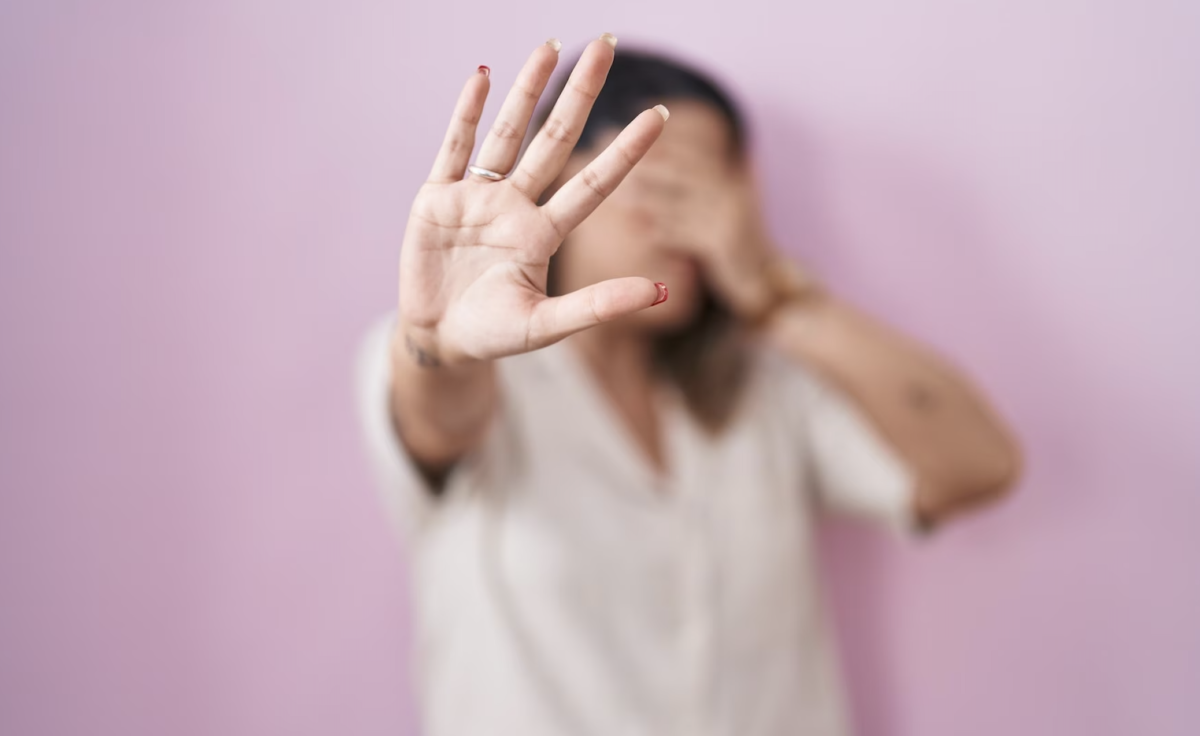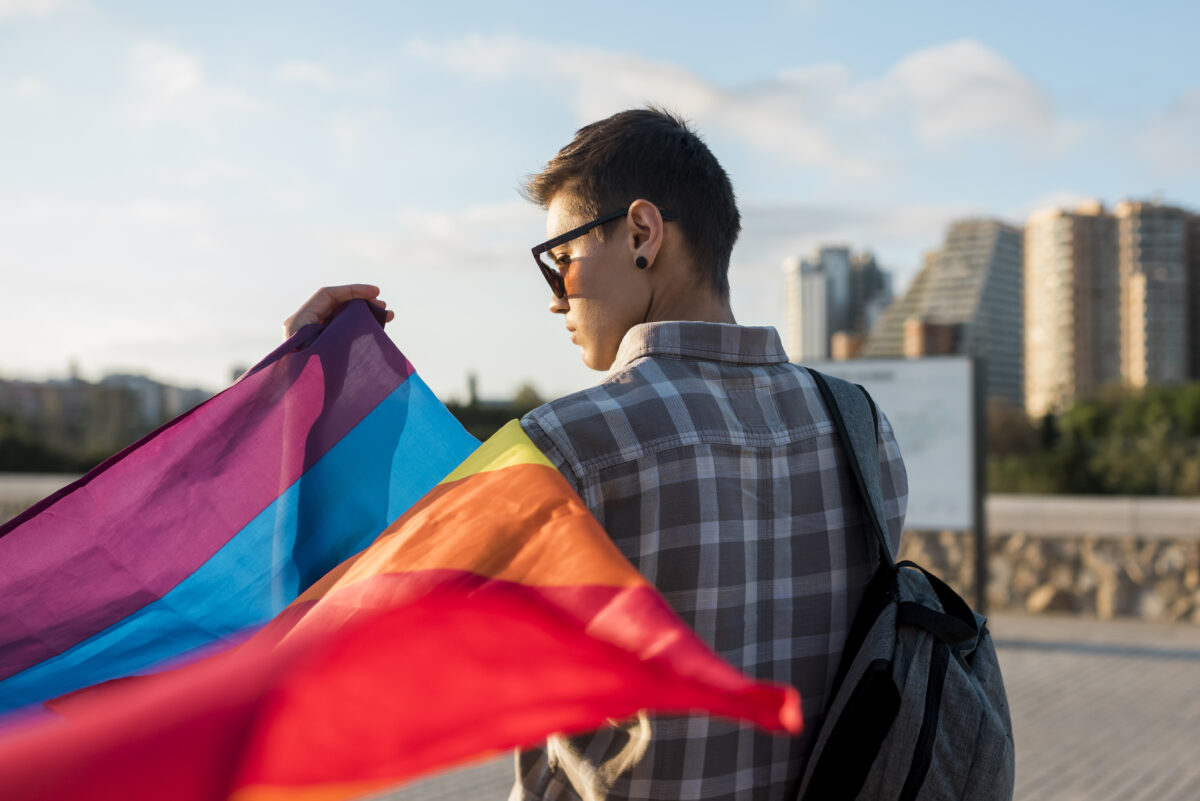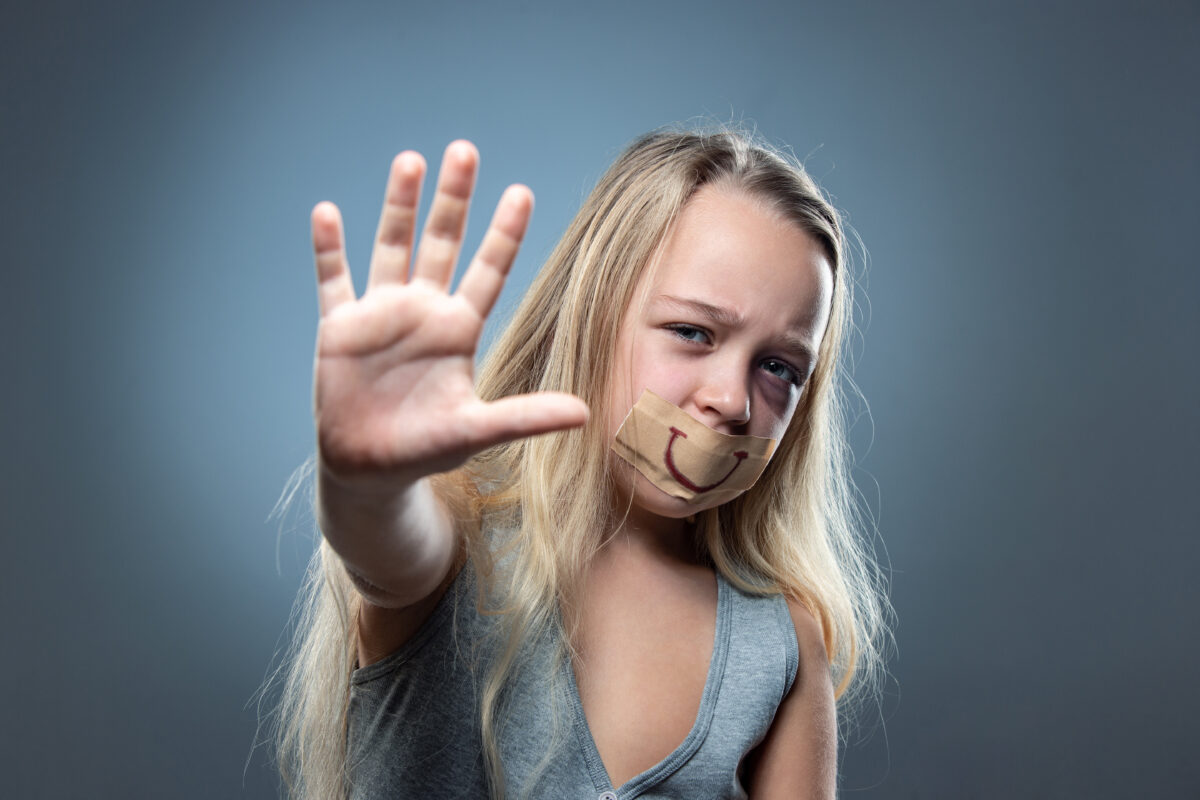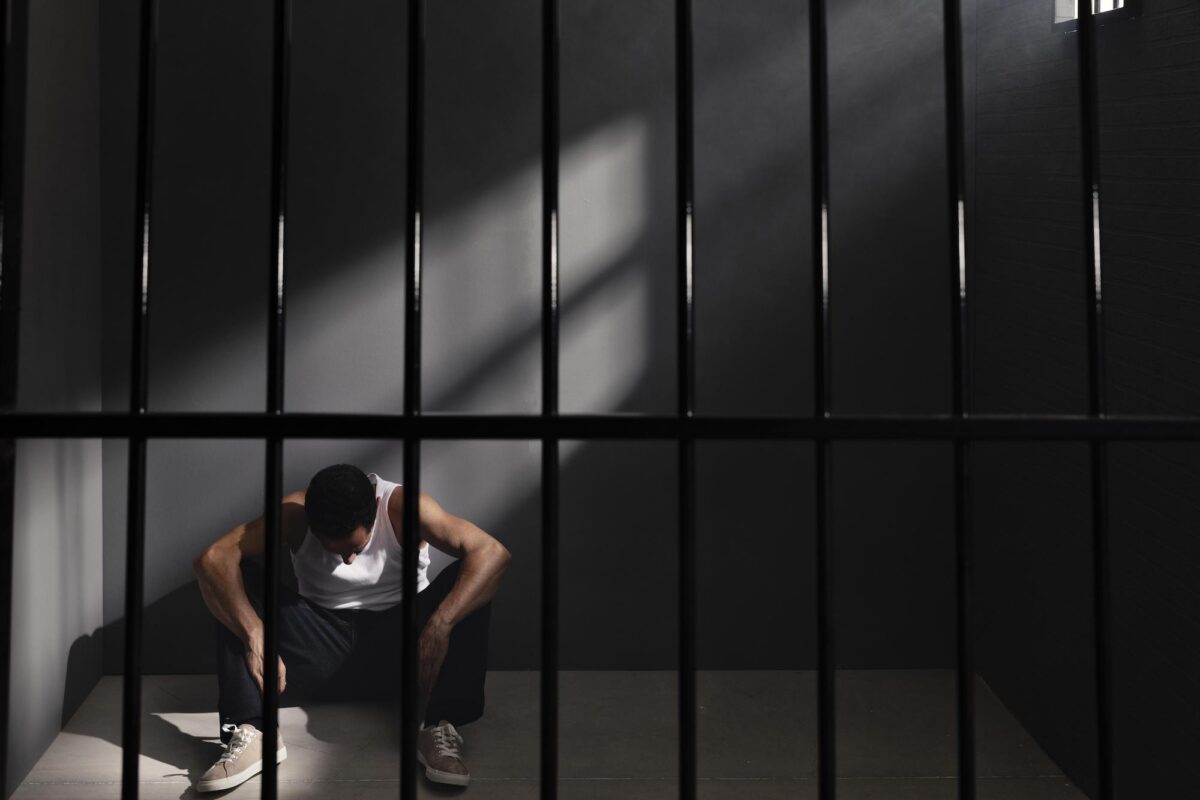Vasfiya (name changed) came to REActor for help. She was 38 years old and living with her husband, both of whom are PLHIV. She found out about the paralegal through an infectious disease doctor who provided contact information. The woman told her story: she had been living with her husband for only 6 months and this was her second marriage. It turned out that her husband, too, had known about his status since 2011, but had not started taking antiviral medication for fear of being judged.
The couple’s lives changed when the husband was sent to prison in 2012, and it wasn’t until 2018, after his condition worsened, that he began treatment. In 2022, he was released and met his wife at the AIDS Center. Since then they got married and for six months they have been living in his parents’ house, where unfortunately there are constant scandals, humiliation and insults.
Vasfiya said that during her husband’s absence, his parents died and his sister registered the house in her name. However, the husband is still registered there and has the right to inherit. His sister lives in the house and constantly stigmatizes, insults and humiliates them. She tells them that they are both drug addicts and PLHIV, that he brought home an equally “wife with AIDS”. The woman does this on purpose, saying her insults loudly in the yard for all the neighbors to hear.
Vasfiya suggested that her husband contact the district police officer, but he was unwilling to pursue this option. They turned to a REActor in the hope of finding a peaceful solution to the problem.
The paralegal took up the cause and began to take action. First, she invited the woman and her husband to a counseling session to discuss all possible solutions. A series of meetings were held, during which they were given a plan of action.
The first step was to make a written statement in which they described all the insults and humiliations committed by their relative. The REActor helped them to formulate the statement correctly so that it would be as informative and effective as possible. It was then submitted to the local police department.
At the same time, the REActor recommended that they contact the AIDS Center, which had psychological support and counseling specialists. They could provide assistance with stress management and advice on how to resolve the conflict peacefully.
The next step was to engage with the husband’s sister. The paralegal decided to hold a mediation meeting to try to resolve the conflict peacefully. In this meeting, she acted as a mediator between the couple and the relative to establish a dialog and help them find a compromise solution.
During the mediation meeting, discussed all the grievances, concerns and frustrations of each party. The facilitator helped them to express their emotions and empathize with each other. Through this meeting, it became clear that the root cause of the conflict was stigmatization and misunderstanding. The husband’s sister was not sufficiently informed about HIV/AIDS and her fear and aggression were based on lack of awareness.
The paralegal provided them with educational materials about HIV/AIDS and shared success stories and examples of overcoming stigma. As a result of this meeting, all parties expressed their willingness to change their attitudes and start cooperating.
Gradually, the husband’s sister became more tolerant and understanding. She stopped stigmatizing and humiliating the client and her husband. Together they worked on realizing and overcoming stereotypes related to HIV/AIDS.
After a while, family relations began to improve. Vasfiya said that her relative began to show more sympathy and even helped them in domestic issues. She stopped talking about insults and began to interact with them in a more friendly and respectful manner.
This success story emphasizes the importance of seeking support and not saying no during difficult times. By working with professionals, it was possible to overcome stigma and make a positive difference in the lives of clients.
Also read:
Combating Discrimination Against Children with HIV in Kazakhstan Educational Institutions
Problems of HIV-positive prisoners in Azerbaijan



















